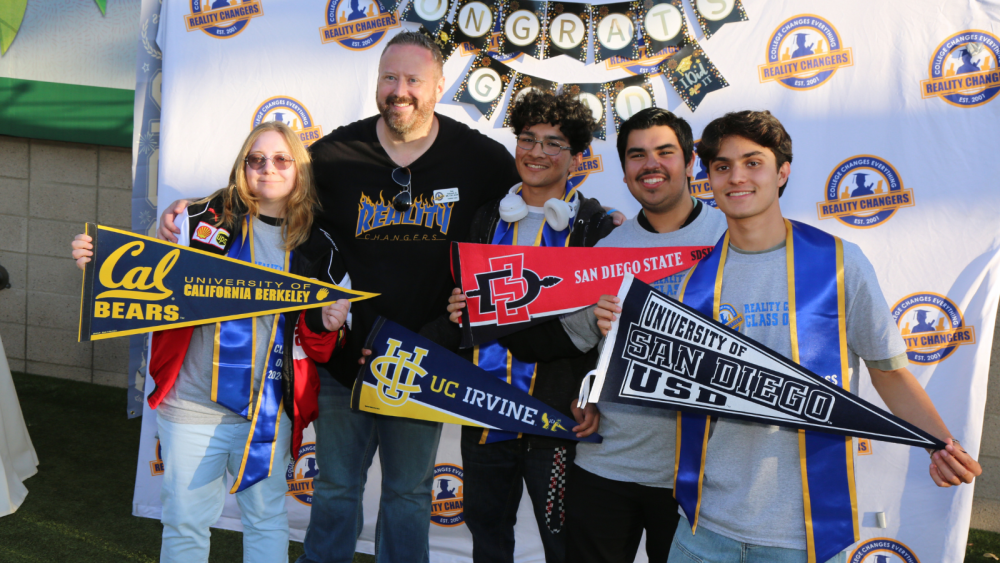Housing and Neighborhoods | Business
City of San Diego Allocates $43.5 Million in Federal Funding to Increase Housing and Economic Opportunities

The City of San Diego will administer more than $43.5 million in federal grants to local organizations and nonprofits that improve living environments, expand economic opportunity and increase housing opportunities in low- and moderate-income communities after the City Council approved the Fiscal Year (FY) 2026 Annual Action Plan today.
The FY2026 Annual Action Plan lays out how the City will distribute this year’s more than $12.1 million Community Development Block Grant (CDBG), $30.3 million HOME Investment Partnerships Program and $990,775 Emergency Solutions Grant funds.
CDBG funds aim to increase the access and availability of affordable housing, expand economic opportunity by supporting local entrepreneurs and small businesses and invest in nonprofit facilities. They also support public services such as meal deliveries, health services, apprenticeship and workforce training, and senior and youth services.
The action plan breaks down allocations to more than 20 nonprofits such as Reality Changers, Kitchens for Good, Rise Up Industries, Monarch School, Serving Seniors, Somali Family Service of San Diego, Partnership for Environmental Progress and City Heights Community Development Corporation. Organizations had to go through a competitive process to apply for the funding.
For the HOME Investment Partnerships Program, the City has a partnership with the San Diego Housing Commission (SDHC) to administer the funds on behalf of the City. Through this partnership, the SDHC provides direct financial assistance to homebuyers and financial support to construct rental homes for families and those experiencing homelessness.
Finally, the Emergency Solutions Grant funding will go toward shelters for those experiencing homelessness and provide rapid rehousing and homelessness prevention strategies.
“This federal funding plays a critical role in improving the lives of many, particularly those with low and moderate incomes,” said Economic Development Director Christina Bibler. “It will help ensure families have safe homes, access to job training, support getting to medical appointments, reliable after-school care and so much more. These are the building blocks of a healthier, more connected community.”
On April 21, the City Council approved a portion of the draft FY 2026 Annual Action Plan but had asked staff to return to Council to present the remaining items for consideration once the FY 2026 United States Department of Housing and Urban Development (HUD) allocation amount was released by HUD, and the City’s FY 2026 General Fund budget was approved.
The City will submit the Plan to HUD by July 13 to receive the funding.
